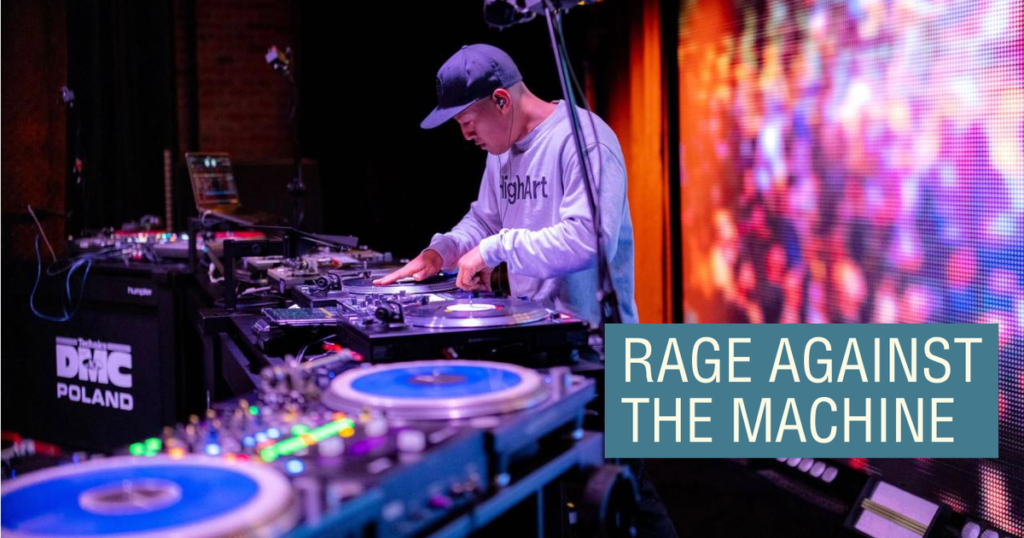The Beat of AI: Navigating the Dance Floor of Technology and Creativity
BERLIN — In the vibrant heart of Berlin, where the air pulsates with techno beats and eclectic rhythms, a spirited debate is unfolding about the intersection of artificial intelligence (AI) and music. As DJ veteran Christian Becker spins tunes that range from indie classics to electronic gems at his popular venue, Bohnengold, nestled in the lively Kreuzberg district, he reflects on the complexities of this technological evolution.
While some DJs embrace AI tools for the efficiency they promise, the reception overall is mixed. Many in the city’s famed and diverse club scene, celebrated worldwide for its immersive raves, view AI’s role in DJing through a skeptical lens. Becker, a stalwart of the scene with over 30 years of experience, contends, "It wouldn’t work. Because you’re connecting with the people … you have to watch how they dance." This human connection, he argues, is irreplaceable.
The Rise of AI in DJing
As technological advancements march forward, software companies are integrating AI capabilities into DJ platforms. These features allow automated tasks, such as song selection and seamless transitions, taking some of the artistry out of play. Critics worry that this could diminish the soul of live sets that thrive on spontaneity and crowd interaction.
Angelo Tun, a world-renowned scratch DJ champion and head of brand at Algoriddim, notes the historical patterns of resistance within the DJ community. "There is always pushback from the purists," he says, referencing the initial disdain for digital tools when vinyl was king. "Innovation is happening in every industry now," he emphasizes, suggesting that AI may very well be the next wave.
The DJ’s Dilemma: Tradition vs. Technology
So, where does this leave the traditional DJ? The debate isn’t entirely black and white. Some DJs see value in AI as a supportive tool rather than a replacement. For instance, utilizing AI to analyze crowd reactions in real-time can enhance the overall experience, allowing DJs to curate an even more engaging set.
Imagine a scenario where a DJ, while spinning at a bustling Berlin club, has access to data that nudges them toward the next track based on the crowd’s energy level. It could lead to unforgettable nights, yet for purists like Becker, it still poses philosophical questions about the essence of live performance.
Finding Common Ground
The key takeaway here is not to discount AI altogether but rather to find a harmonious balance. Becker summarizes this sentiment perfectly: "It’s about connection, the vibe of the night, and the memories we create." No app can replicate the electric atmosphere of a packed dance floor where every beat is felt and every drop is shared among the audience.
As the club culture continues to evolve in Berlin, it’s crucial for artists and audiences alike to engage in this dialogue. It’s about crafting a future where technology amplifies rather than replaces the human experience.
In conclusion, the conversation around AI and its place in the creative realms, particularly in music, is as dynamic as the beats filling the Berlin night air. As innovators push boundaries, it will be fascinating to see how this interplay unfolds.
The AI Buzz Hub team is excited to see where these breakthroughs take us. Want to stay in the loop on all things AI? Subscribe to our newsletter or share this article with your fellow enthusiasts.




